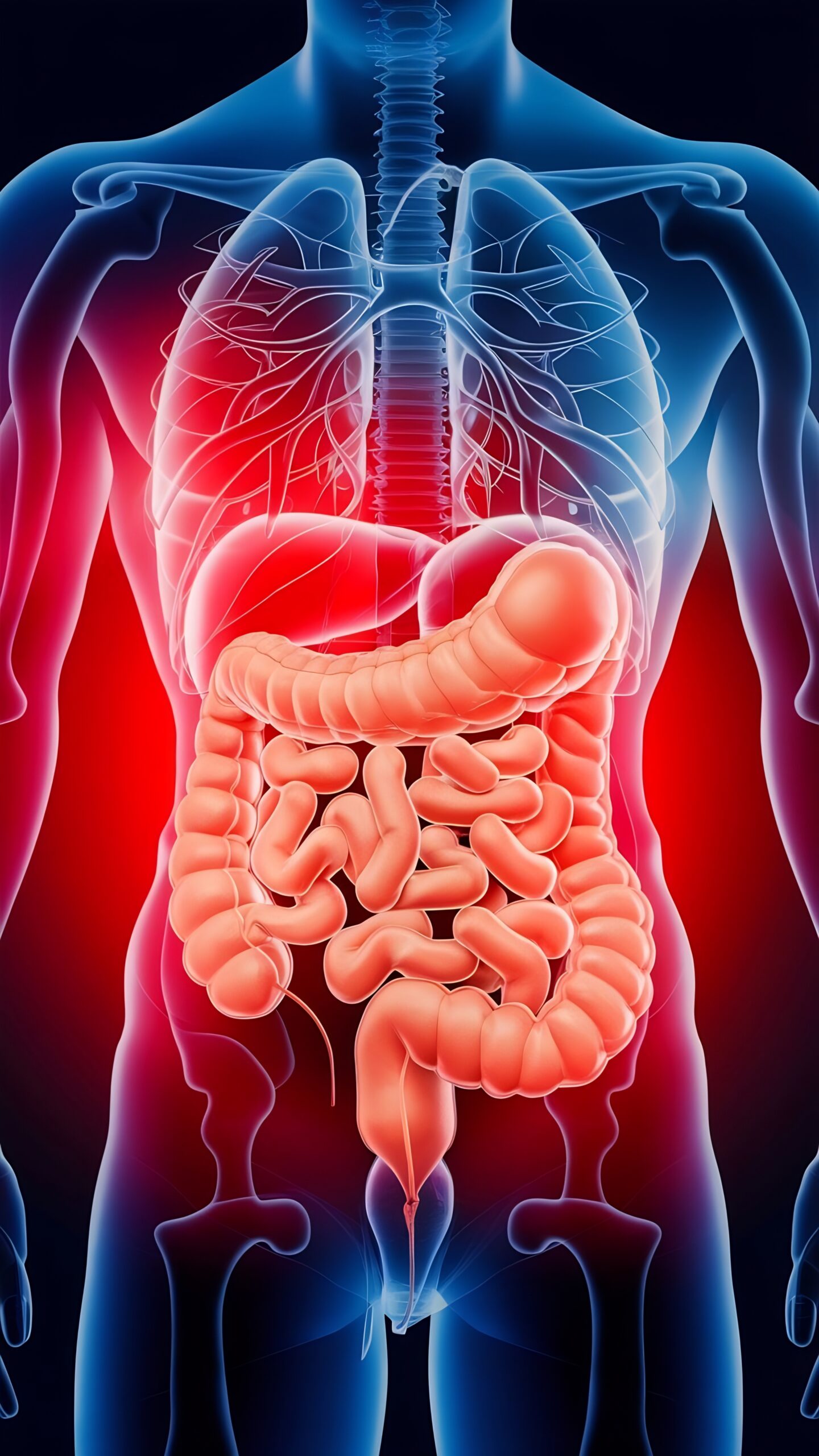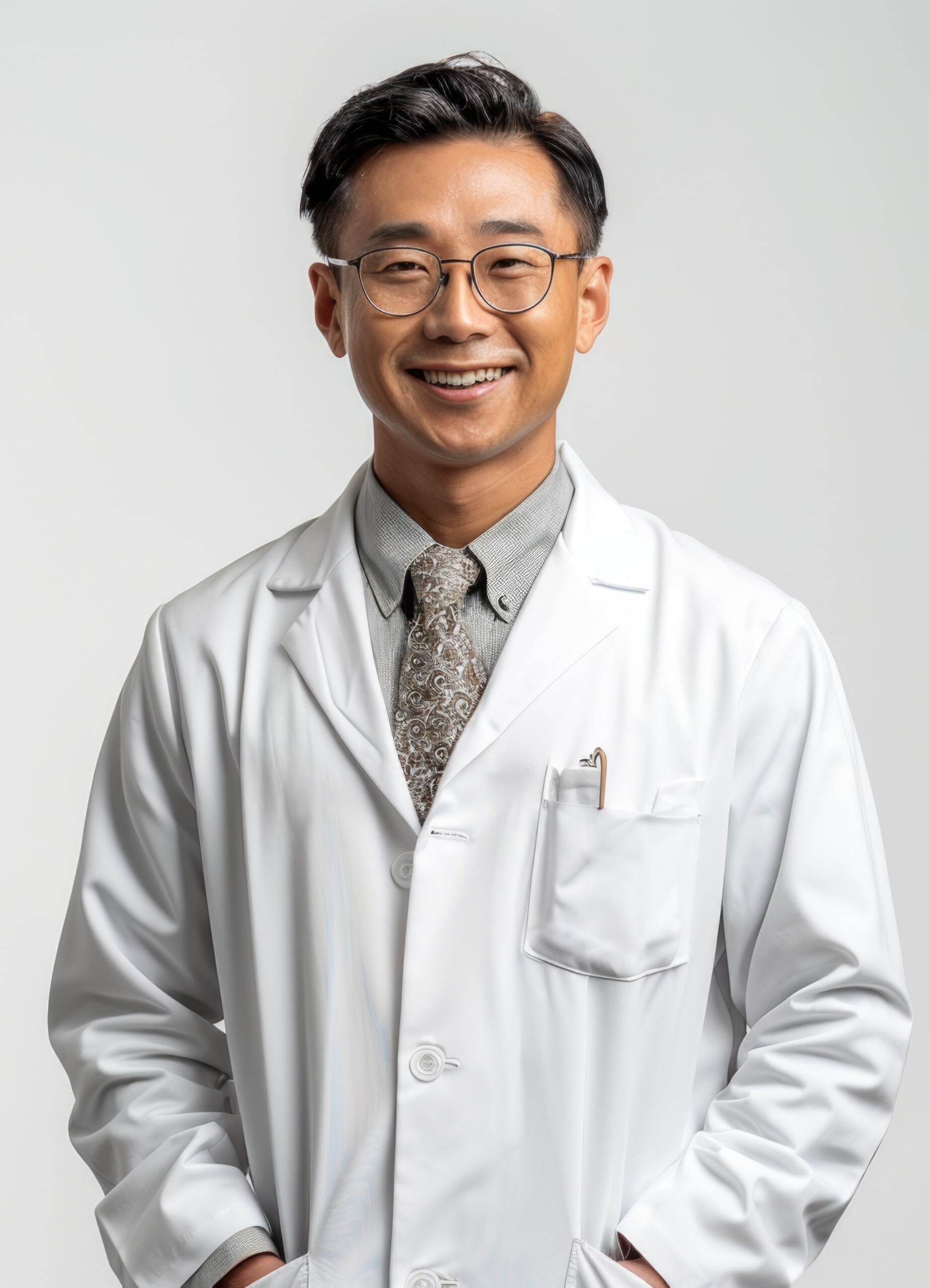What Is A Colonoscopy?
A colonoscopy is a procedure where a thin, flexible tube with a camera and light at the end, called a scope, is gently inserted into the rectum and guided through the colon (large intestine). This test allows our providers at Adult Gastroenterology Associates to inspect the colon’s lining. Colonoscopies are commonly used to investigate symptoms such as diarrhea, bleeding, abdominal pain, or unusual x-ray results.
Colonoscopy screenings are also recommended for asymptomatic patients starting at age 45, or earlier if there’s a family history of colorectal issues, to check for colon cancer and polyps. As specialists in digestive health, the board-certified gastroenterologists at Adult Gastroenterology Associates frequently perform colonoscopies for Tulsa, OK patients. Contact our office for more details.
Why Are Colonoscopies So Important for Colon Health?
Colonoscopy screenings are the most effective way to prevent colon cancer, making them essential for anyone over 45 or at higher risk. Regular screenings offer numerous benefits, including:
- Early detection of colon and rectal cancer
- Identification and removal of abnormal growths
- Diagnosis of conditions like diverticulosis and IBD
- The most reliable screening method for colorectal cancer
- Allows for early treatment of colon issues, potentially saving your life
With modern technology, these screenings are now quicker, more comfortable, and more accurate than ever before.

What Happens During A Colonoscopy?
Before your colonoscopy, our team at Adult Gastroenterology Associates will provide instructions you should follow to prepare your bowel. Typically, patients will be instructed to consume clear liquids the day before the procedure and take laxatives to clear out the colon. It’s crucial to follow these instructions carefully. Special guidelines will be provided for patients on blood thinners or with diabetes.
Arrive at the endoscopy center 1 – 1.5 hours before your appointment to complete any paperwork and get prepped. You will change into a medical gown, and an IV will be placed in your arm for sedation. Monitoring equipment will track your heart rate, blood pressure, and other vital signs during the exam.
During the procedure, you will lie on your left side as the doctor administers sedation. The scope is then gently inserted and navigated through the colon. Air is introduced to expand the colon for better visibility, and any remaining fluid is suctioned out.
The doctor can perform biopsies, remove polyps, and control any bleeding during the procedure, which typically lasts 15 – 30 minutes.
How Long Will It Take to Get My Colonoscopy Results?
After your colonoscopy, you will be monitored in a recovery room until the sedation wears off, usually within 45 – 60 minutes. You’ll need someone to drive you home and should avoid work, signing documents, or strenuous activities for the rest of the day. Most patients can eat and drink normally afterward.
The doctor or nurse will review the findings with you, but due to the sedation, you might not remember the discussion. It’s helpful to have someone with you to hear the results. You will also receive a written report, and biopsy results, if any, are typically available within a week.
Are There Any Alternatives to A Colonoscopy?
There are other approaches for monitoring colon health, but your available options will depend on the reason why you need to have your colon checked. While a colonoscopy is the best method for evaluating and treating colon abnormalities and the only preventive measure for colorectal cancer, other diagnostic exams, like barium enemas and virtual CT scans, are available. However, these alternatives don’t allow for treatment during the exam, meaning a colonoscopy or surgery would still be necessary for treatment.
Are There Any Risks Associated with Colonoscopies?
While colonoscopies are generally safe, complications can occur in less than 1% of cases. Though most complications are not severe, some may require hospitalization and surgical intervention. Before the procedure, our nursing staff will review a consent form with you. You will also have an opportunity to address any questions or concerns with your physician.
Sedation used during the procedure can cause reactions, such as allergic responses, breathing difficulties, effects on heart rate and blood pressure, and irritation at the IV site.
Bleeding might occur when biopsies are taken or polyps are removed. Significant bleeding, which might require a blood transfusion or hospitalization, is rare but can occur either during the procedure or up to two weeks afterward if a polyp is removed.
There is also a risk of perforation, or puncturing, of the colon. This might be identified during the procedure or become apparent later in the day. Most cases of perforation require surgical repair and hospitalization, though this complication is uncommon.
It is essential to contact your doctor immediately if you experience symptoms like worsening abdominal pain, significant bleeding, or fever after the procedure.
Despite its effectiveness, colonoscopy is not flawless. There is a small risk that abnormalities, including polyps and cancers, may be missed during the exam. Ensuring regular follow-ups with our doctors and reporting any new or persistent symptoms is crucial for ongoing health monitoring.
Colonoscopy FAQs
When should you undergo a colonoscopy screening?
We suggest patients with an average chance of getting colon cancer begin having colonoscopy exams at age 45. If your risk of colon cancer is higher or you present signs of colon cancer, a GI specialist may advise colonoscopies earlier in life.
How often should you have colon cancer screenings?
GI doctors advise getting a colonoscopy every ten years for patients with average risk, who are in favorable health, and when they have colonoscopy test results that reveal no concerns. After your exam, your provider will discuss how frequently you should schedule colonoscopy screenings in the future.
Is a colonoscopy an uncomfortable procedure?
Sedation will be administered ahead of your colonoscopy to ensure your comfort and relaxation while undergoing the exam. Depending on the type of sedation given, you may reach a very tranquil state or possibly feel drowsy. You may even have little-to-no recollection of the procedure once it is complete. During your consultation, your colonoscopy doctor can provide details on what to anticipate throughout the screening process.
What is recovery like following a colonoscopy?
On average, patients need around 24 hours to recuperate following a colonoscopy screening, and a number of patients are able to resume their normal routine the following day. When polyps are identified and removed, the recovery time may take longer. It is common to have some abdominal discomfort following a colonoscopy, such as cramping and/or bloating. Our Adult Gastroenterology Associates team will provide more information on what to expect while you recover.

